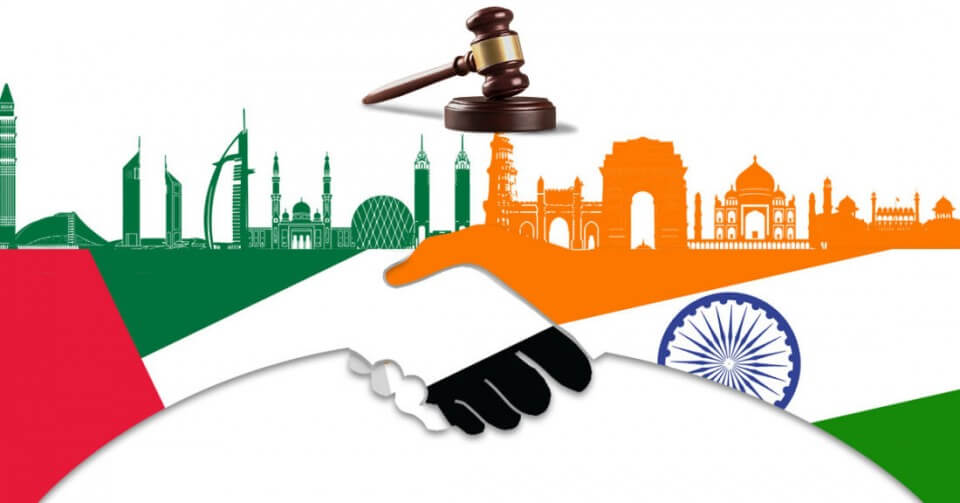Legal blog
Enforcement of Civil and Commercial Judgments in the Courts of India

The "1999 Agreement" applies to service of the summons and other judicial documents or processes; the taking of evidence by means of Letters of Request or commissions, and execution of decrees, settlements and arbitral awards between the two countries. The purpose of the 1999 Agreement was, amongst other things, to ensure reciprocity of judgments rendered in the courts of the UAE or India.
While the UAE has given effect to the 1999 Agreement by publishing it in the Federal Gazette under Federal Decree No. 33 of 2000, however, absent India’s notification in its Official Gazette to give effect to the 1999 Agreement, the UAE was not defined as a “reciprocating territory” for the execution of UAE judgments in India as required under Section 44A of the Indian Code of Civil Procedure 1908 (the “CPC”).
As a result, successful parties in the UAE court proceedings could not benefit from the 1999 Agreement and often found it difficult to enforce judgments in India.
Enforcement of Foreign Decrees/Judgments in India
Section 13 read with Section 44A of the CPC lays down the law regarding the execution of foreign judgements/decrees in India:
- For judgments/decrees passed in non-reciprocating territories, a fresh suit is to be filed in the Indian court of competent jurisdiction in which the foreign decree/judgment only has evidentiary value. This process is long-drawn and subject to the rigours of Indian courts.
- For judgments/decrees passed by specified courts of reciprocating territories, a petition for execution may be directly filed before the court.
New Notification in the Indian Gazette designating the UAE as a 'Reciprocating Territory'
The Indian Ministry of Law and Justice published the notification on 18 January 2020, dated January 17, in the Official Gazette declaring the UAE to be a “reciprocating territory” for Section 44A of the CPC (the “Notification”).
The notification identified the superior courts here, namely Federal Supreme Court; Federal, First Instance and Appeals Courts in the Emirates of Abu Dhabi, Sharjah, Ajman, Umm Al Quwain and Fujairah; Abu Dhabi Judicial Department; Dubai Courts; Ras Al Khaimah Judicial Department; Courts of Abu Dhabi Global Markets and Courts of Dubai International Financial Centre.
The implications are that most of the UAE court civil, commercial and personal matter decrees/judgements are now enforceable in India without the need for filing a fresh suit, in a manner consistent with the 1999 Agreement as if an Indian court passed the decree.
Enforcement of Criminal Judgements in India
The 1999 Agreement only applies to civil, commercial and personal matter decrees.
Though there is no provision for the enforcement of the UAE criminal judgements under the aforesaid Agreement, however, by virtue of the Mutual Legal Assistance Treaty in Criminal Matters, 1999 and the Extradition Treaty, 1999 between India and UAE, there are provisions wherein either country can request the other to hand over an accused.
The legal assistance could be in the form of enforcing a UAE court judgement in India where a judgment has been obtained or initiating legal action in India where no UAE judgement has been obtained.
Written by:
Nikhat Sardar Khan | Kochhar & Co Inc. Legal Consultants (Dubai Branch)

This publication is for general information purposes only. It does not purport to provide comprehensive full legal or other advice.
Legal Advice Middle East and the contributors accept no responsibility for losses that may arise from reliance upon information contained in this publication. This publication is intended to give an indication of legal issues upon which you may need advice.
Full legal advice should be taken in due course from a qualified professional when dealing with specific situations.


